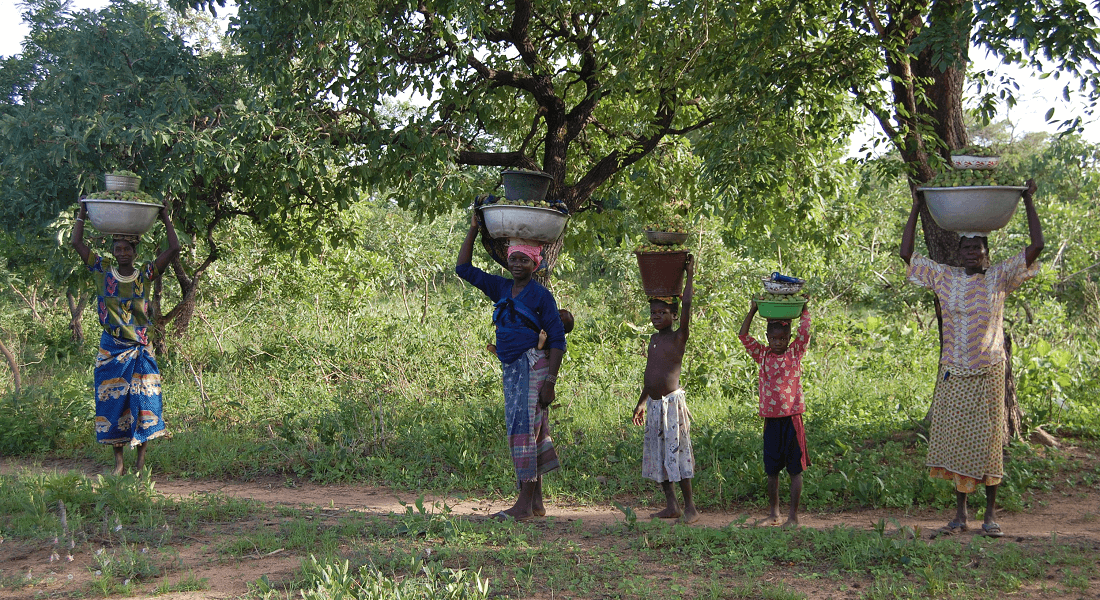Associate Professor
Mariève Pouliot
Department of Food and Resource Economics
University of Copenhagen

Globally, shea kernels constitute an important ingredient in the food and cosmetics industry which has seen a 600% increase in exports over the past 20 years. Shea exports from Africa supply a few big manufacturers with valuable, versatile, vegetable oil.
However, it is estimated that 8 million shea trees are lost annually in West Africa due to climate change and human activities. If not reversed, this trend could result in a major interruption of the West African shea supply and have consequences for millions of poor rural women as well as for CO2 sequestration and ecosystem services in the region (FAO/GSA, 2020).
As a response, a public-private partnership launched an initiative in 2021 in Ghana aiming to plant millions of shea trees over the next 10 years.
While this might be an important step in terms of environmental sustainability, little or no attention has been given to how it might be affected by and affect people's vulnerability and existing property rights in rural communities. This knowledge gap on institutional obstacles around labour and land is likely to be detrimental to the objectives of the tree planting programme, and the development and sustainability of the shea industry: labour vulnerability and uncertainty of land property may undermine the chances of success.
Around 2 billion shea trees grow naturally on a 5000 km band across 21 African countries, stretching from Senegal to South Sudan. Those trees are integrated with crops on smallholder farms, creating an agroforestry landscape that serves as a large carbon sink. Shea trees provide a safety net and a critical source of food and income for rural women in the region; it is estimated that around 16 million rural women rely on shea for their livelihoods. Focusing on shea tree planting in agroforestry parklands of Northern Ghana, we study how afforestation activities affect the vulnerability of the primary producers in the value chain, and existing property rights.
This project will produce scalable knowledge which can be used by (i) governmental, non-governmental, business and non-profit institutions involved in afforestation projects globally, and (ii) private and public actors interested in the sustainable development of the shea value chain which starts in Africa, passes through Denmark generating value in the food and cosmetic industry, to reach global markets.
Period: October 01, 2023 - March 31, 2026
Funding Source: Independent Research Fund Denmark, Green Transition
Amount: DKK 2,879,931
| Name | Title | |
|---|---|---|
| Christian Lund | Professor |
|
| Francois Questiaux | Postdoc |
|
| Mariève Pouliot | Associate Professor - Promotion Programme |
|